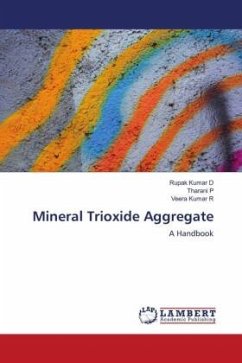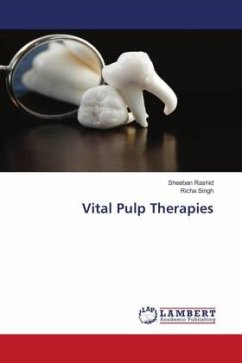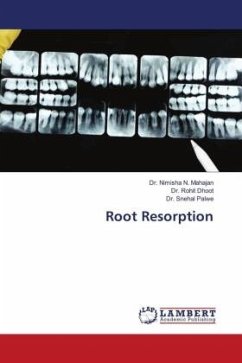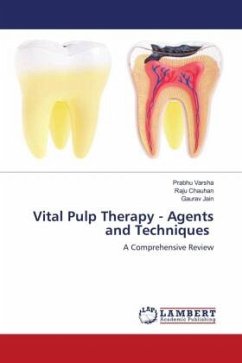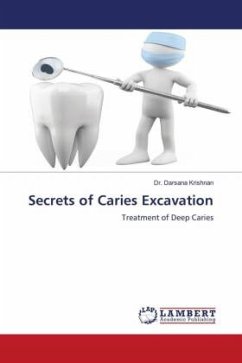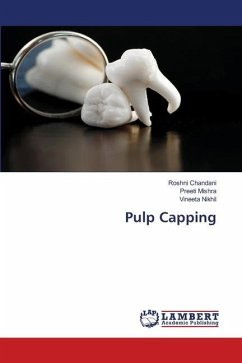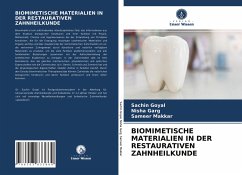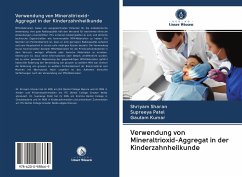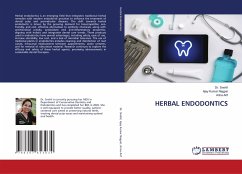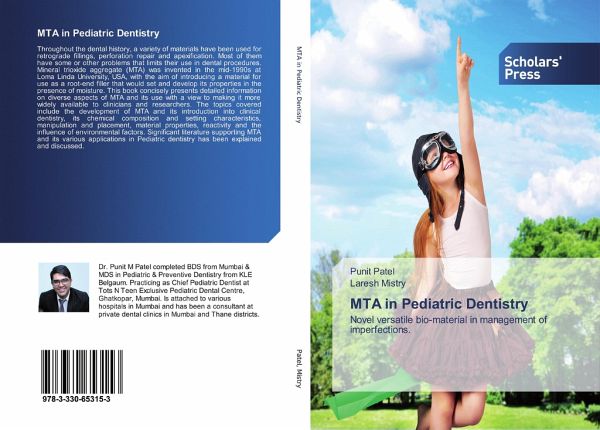
MTA in Pediatric Dentistry
Novel versatile bio-material in management of imperfections.
Versandkostenfrei!
Versandfertig in 6-10 Tagen
53,99 €
inkl. MwSt.

PAYBACK Punkte
27 °P sammeln!
Throughout the dental history, a variety of materials have been used for retrograde fillings, perforation repair and apexification. Most of them have some or other problems that limits their use in dental procedures. Mineral trioxide aggregate (MTA) was invented in the mid-1990s at Loma Linda University, USA, with the aim of introducing a material for use as a root-end filler that would set and develop its properties in the presence of moisture. This book concisely presents detailed information on diverse aspects of MTA and its use with a view to making it more widely available to clinicians a...
Throughout the dental history, a variety of materials have been used for retrograde fillings, perforation repair and apexification. Most of them have some or other problems that limits their use in dental procedures. Mineral trioxide aggregate (MTA) was invented in the mid-1990s at Loma Linda University, USA, with the aim of introducing a material for use as a root-end filler that would set and develop its properties in the presence of moisture. This book concisely presents detailed information on diverse aspects of MTA and its use with a view to making it more widely available to clinicians and researchers. The topics covered include the development of MTA and its introduction into clinical dentistry, its chemical composition and setting characteristics, manipulation and placement, material properties, reactivity and the influence of environmental factors. Significant literature supporting MTA and its various applications in Pediatric dentistry has been explained and discussed.






